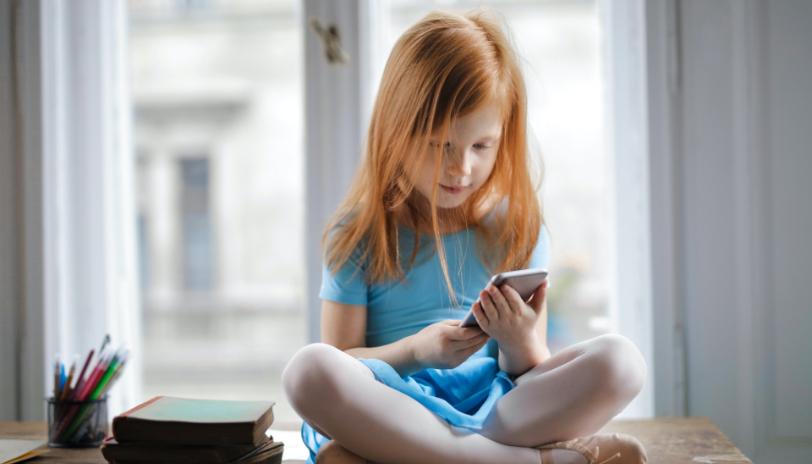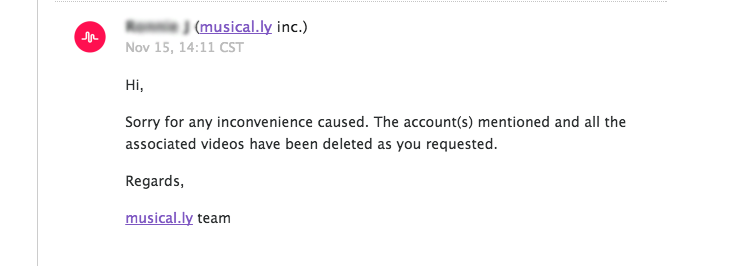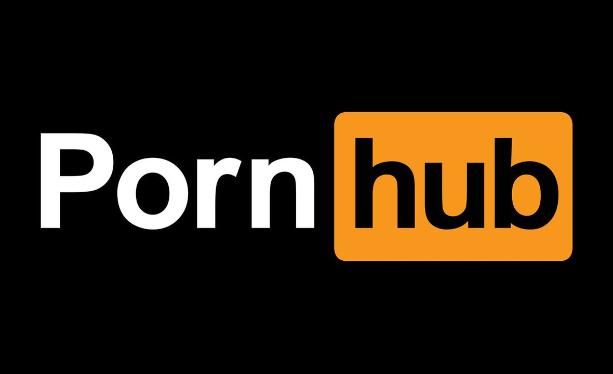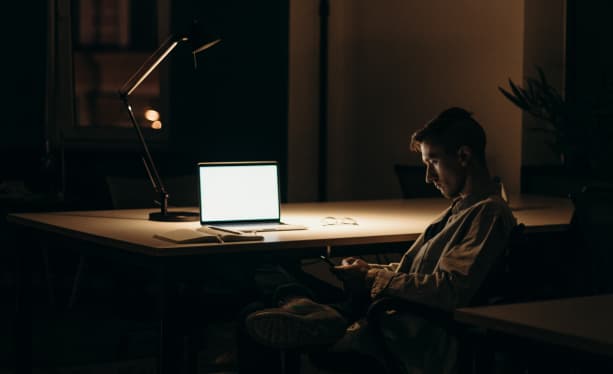
- Porn consumption correlates with depression, anxiety, stress, relationship problems, and insecurity.
- Even moderate porn consumption is shown to result in shrunken grey matter in parts of the brain.
- So, Halcyon’s committed to doing something about it.
Recognizing the serious mental health risks posed by frequent porn consumption, as well as porn’s dangerous societal influence, Halcyon’s launched a campaign to raise awareness about the negative effects of porn consumption and provide a number of digital resources for people to get help, whether for themselves or someone else.
Studies show that porn consumption correlates with depression, anxiety, stress, relationship problems, and insecurity.
There are broad consequences of porn addiction and consumption of pornography that exist on a global scale.
Even moderate porn consumption is shown to result in shrunken grey matter in parts of the brain that oversee cognitive function.
Not to mention, porn consumption can leave consumers unsatisfied with sex in real life, as they’ve come to expect fantastical encounters like what they’ve seen on-screen.
As a result, men report being less satisfied with their partners’ physical appearance and sexual performance after exposure to pornography. They also report having an increased desire for sex without emotional commitment.
There are broad consequences of porn addiction and consumption of pornography that exist on a global scale as well.
Among these are increased negative attitude toward women, decreased empathy toward victims of sexual violence, increase in sexually imposing behavior, increased levels of behavioral aggression, increased levels of violent sexual fantasies, and increased levels of assault.
These effects can all be linked to porn consumption, regardless of whether the porn itself is violent.
The Campaign
Keeping all of this in mind, we’ve launched a campaign to raise awareness about the negative facts relating to porn consumption as well as to make available resources to kick an addiction.
To that end, we’ve created a landing page (https://quitting-porn.com/) presenting the most scientifically compelling, factual reasons to quit porn. We then provide three resource pathways:
- I need help.
- Someone I know needs help.
- I want to spread the word.
The first resource (“I need help”) is for people personally looking to overcome issues with porn consumption.
The second resource (“I know someone who needs help”) is geared toward those who wanted to help someone they knew overcome porn addiction.
And finally, the third resource (“I want to spread the word”) is for those who want to learn how to be a voice for change with regard to the porn consumption problem.
Make sure to keep tabs on our social media for updates on this critical campaign.



